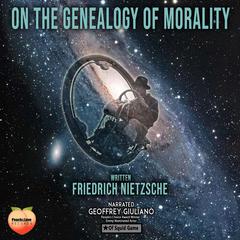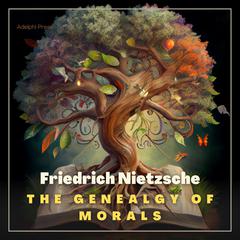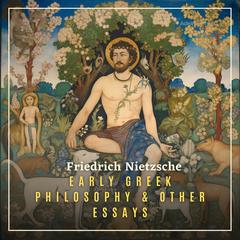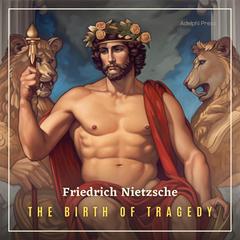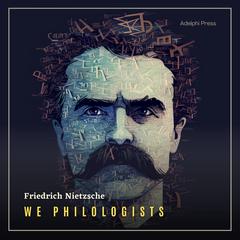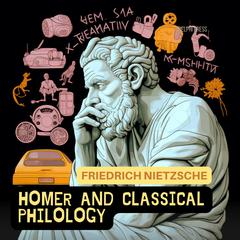 Play Audiobook Sample
Play Audiobook Sample
The Antichrist Audiobook
 Play Audiobook Sample
Play Audiobook Sample
Quick Stats About this Audiobook
Total Audiobook Chapters:
Longest Chapter Length:
Shortest Chapter Length:
Average Chapter Length:
Audiobooks by this Author:
Publisher Description
The Antichrist by Friedrich Nietzsche is an influential philosophical work which explores the metaphysical implications of Atheism and moral nihilism. Nietzsche's exploration of the potential implications of atheism leads him to conclude that, without the traditional basis provided by God, morality becomes an arbitrary set of conventions derived from human opinion. This approach undermines the Judeo-Christian conception of morality as divinely ordained and encourages readers to consider alternative systems of ethics and value. Read in English, unabridged.
Download and start listening now!
The Antichrist Listener Reviews
Be the first to write a review about this audiobook!
About Friedrich Nietzsche
Friedrich Nietzsche (1844–1900) was a nineteenth-century German-born philosopher and classical philologist. He wrote critical texts on religion, morality, contemporary culture, philosophy, and science, using a distinctive German language style. In 1889 he exhibited symptoms of insanity and lived his remaining years in the care of his mother and sister. His ideas exercised a major influence on several prominent European philosophers, including Martin Heidegger, Albert Camus, and Jean-Paul Sartre.














